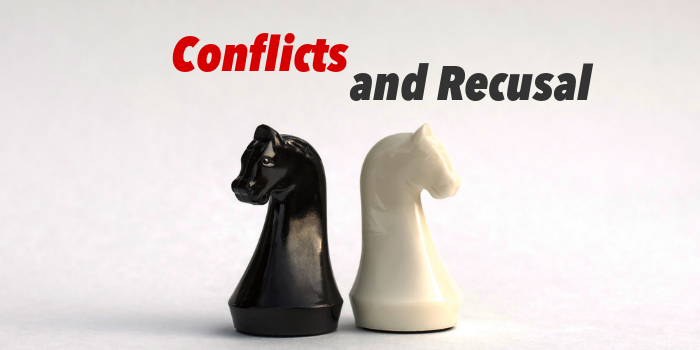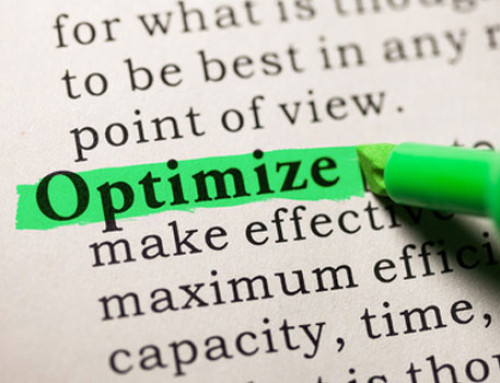Any acting HOA board member has an obligation to act ethically and avoid all conflicts of interest when making decisions for the community. Board members have the responsibility to recuse themselves from their responsibilities any time they have a problem keeping their fiduciary duty to the HOA – or, in other words, representing the HOA’s best interest.
Conflicts of Interest
Issues arise when board members are expected to perform their duties as part of the association while voting on an issue that is in a direct conflict with themselves, and therefore they cannot be 100% guaranteed to vote for the good of the community. In these situations, it is best for board members to remove themselves from participation in those decisions to avoid any conflict of interest.
As a general rule, a member of the HOA board should not vote on any issue in which he or she has a personal or financial interest, or other prejudice. A conflict of interest is when a person owns, works for, or has a connection to a contract that is being bid on.
There are two main types of conflict – direct and indirect:
- Direct conflict occurs when a board member has business ties that will cause him or her to lose or gain money as a result of the proposed action.
- Indirect conflict occurs when a board member has a material financial interest in any entity that is involved in a proposed action. An example of this is when a board member has an ownership interest, no matter how small, in a contractor’s company, and that contractor is putting up a bid for hire.
In both of these situations, it is easy to see that the board member has some financial interest in the decision being made. Personal connections generally do not require recusal, so long as it is a mere social relationship, nothing more, and the board member will not benefit monetarily from the outcome of the decision. (Examples of this would be when a board member has a relative who has submitted a bid for work, or plays golf with someone who owns a company that wants to win a contract.)
Board members have a responsibility to disclose all conflicts; then, as a board, they must determine whether that person is able to make a fair and unbiased decision. Sometimes, after the disclosure of a conflict, it may be determined that they still be allowed to vote.
A board member can (usually) vote on an issue when the following criteria is met:
- The board was made aware of the conflict and approved the transaction.
- The members of the community were made aware of the interest and approved the transaction.
- The transaction was fair to the association.
Furthermore, be aware that there are community group decisions and board decisions. Generally, any board member can vote as an owner for things such as passing an amendment, as board members do not lose their rights as owners to approve or disapprove amendments, but when the HOA board is voting on things such as a bid for work, it is improper for that member with the conflict to have a vote.
When Recusal is Recommended
When it is not possible for the board member to make a fair, unbiased decision, he or she should recuse himself or herself from the process. After a board member recuses himself or herself from a vote, he or she should leave the room and should not be present for any discussion of the item to be voted on, as their presence may unduly influence or inhibit the other members’ judgment. This could affect the discussion, and thereby influence the vote.
When a board member does not recuse himself or herself when necessary, there could be negative consequences, including invalidating any action that was taken, or removal from the board. As an HOA board member, it is important to be mindful of conflicts and the appearance of impropriety. Be sensitive, and always disclose and recuse when appropriate. When in doubt, it would be wise to check with the association’s legal counsel, in addition to reviewing CC&Rs and local laws to ensure that you are proceeding correctly.








doesn’t florida have laws concerning this? and are not allowed wven with a vote by the board
Is it ok for me to cut and paste some of the information written above about conflict of interest